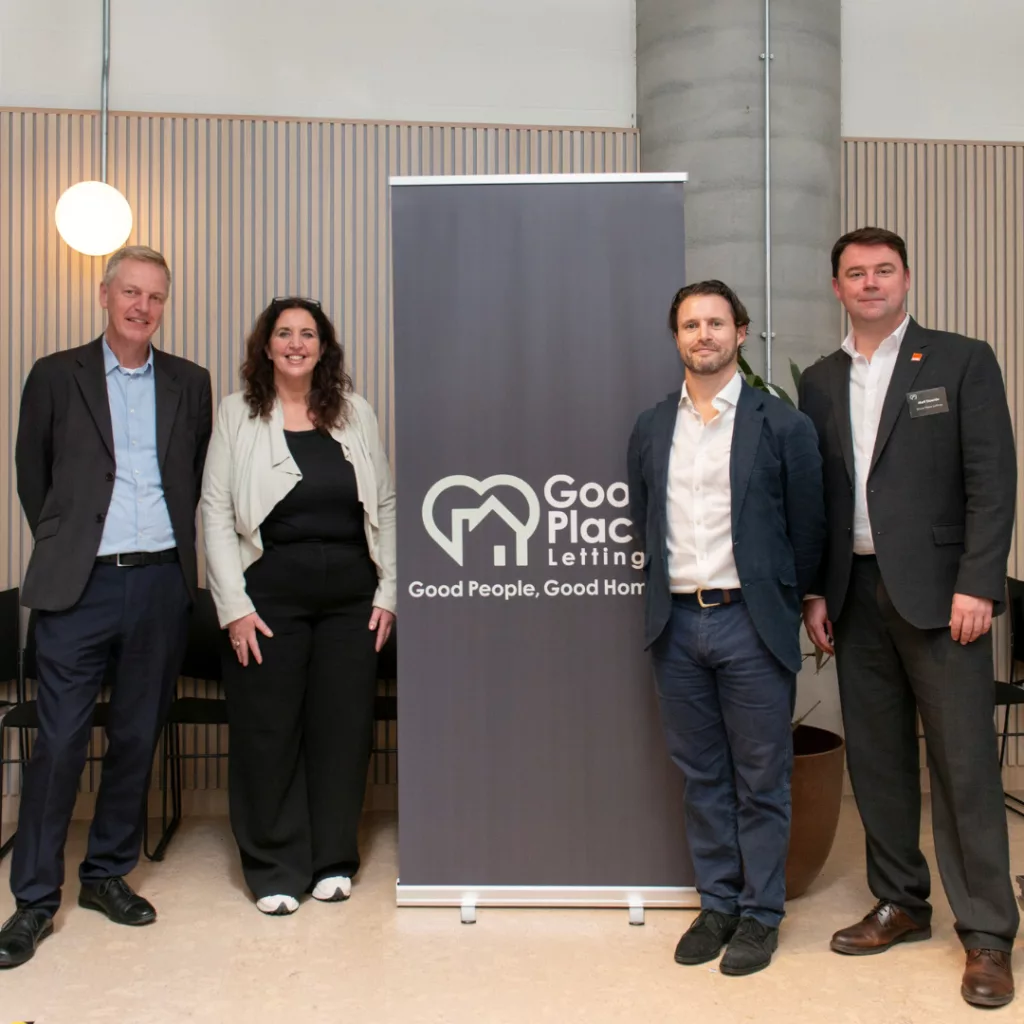New research from European End Street Homelessness Campaign city Brussels has found that almost half of people sleeping on the streets have been homeless for at least two years and the same proportion have been attacked or beaten while on the streets.
This follows findings from a Connections Week held in September organised by the 400 Toits Campaign. The action galvanised 240 volunteers, who came together to speak with people sleeping on the streets of Brussels, to gather information on the experiences of those facing street homelessness. Their findings have been published in a new report – Face to Face for a Home.
Despite the challenges presented by the COVID-19 pandemic, 400 Toits carried out 167 interviews and met 438 people across six municipalities in the Brussels region. This is the third time since 2017 that they have successfully brought the community together to better understand the needs of people sleeping on the streets and call for solutions to end street homelessness.
This year, the questionnaire was adapted to include questions specifically focused on gaining insight into people’s experiences of the COVID-19 public health emergency. Over half of those spoken to had not accessed any accommodation since the coronavirus outbreak in mid-March and almost one-third said that they could not meet their basic needs – including a place to wash.
Adrienne Vanvyve, Co-ordinator of the 400 Toits Campaign, said:
“We have seen a significant increase in women with a high degree of vulnerability from 2017 to 2020 – requiring sustainable housing with intensive support. In addition, the percentage of people hospitalised at least once in the last six months has also increased from 14.9% in 2018 to 21% in 2020. Confronted with these alarming findings, the 400 Toits Campaign continues to advocate the introduction of a structural policy to end homelessness. This echoes the resolution adopted by the European Parliament on 24 November calling on the European Union and its Member States to end homelessness by 2030.”
Patrick Duce, Programme Lead (Homelessness) at World Habitat, said:
“This report highlights the high vulnerability of those sleeping on the streets and their experiences make clear that despite the huge amount of work undertaken in response to the COVID-19 pandemic, the response has fallen short of protecting everyone who is street homeless from the virus.
“The evidence gathered over the past three years shows a deepening housing and homelessness crisis. Now is the time to act and for cities to show leadership in not just providing an emergency response but making the bold systemic changes that will create sustainable housing solutions to end street homelessness.”
Full findings are presented in their latest report, Face to Face for a Home.
Image: Frederic Loward




